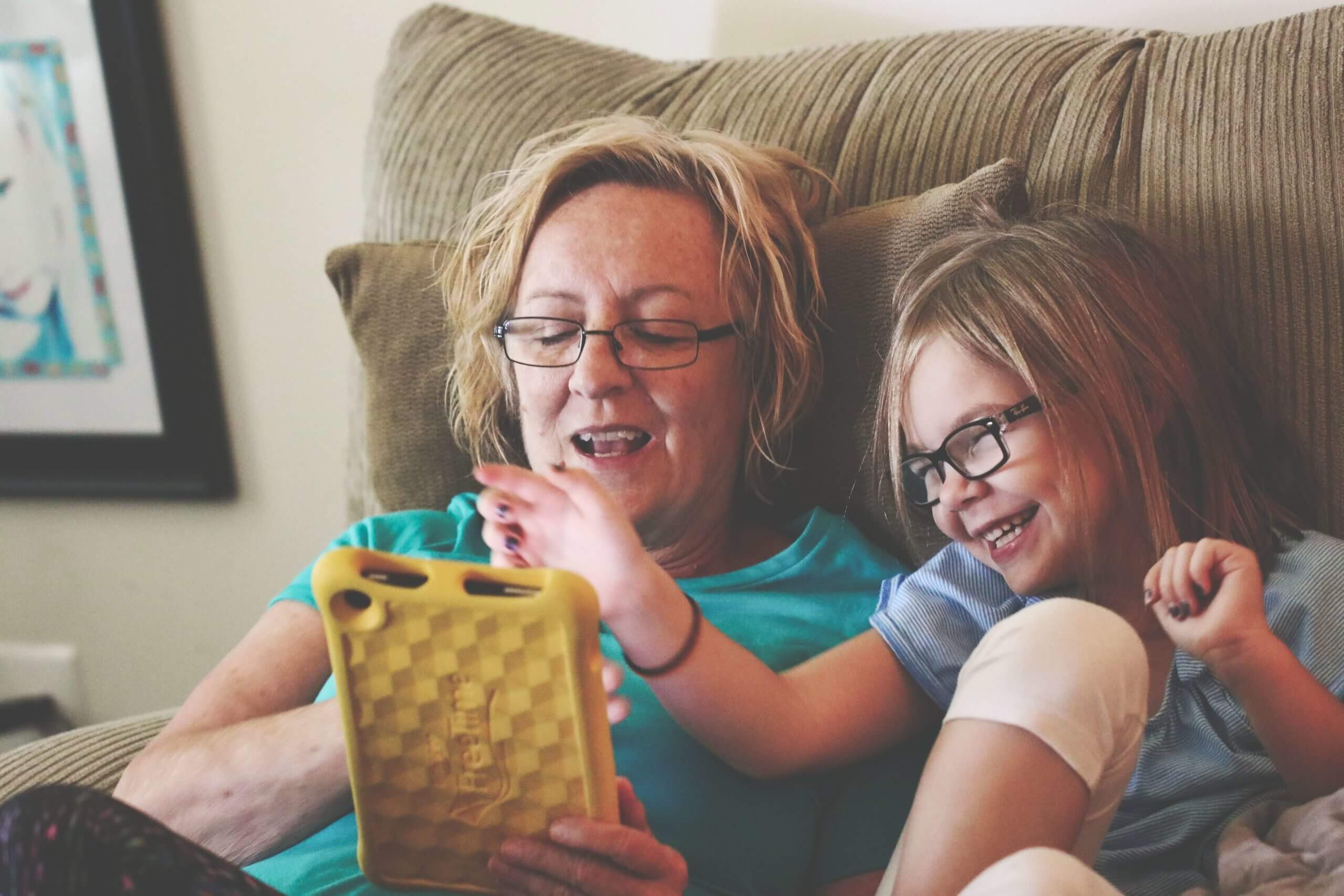
What is Juvenile Dependency Court?
Juvenile Dependency Court was formed to address five important goals:
- To ensure all children have a safe home
- To assist to preserve the family unit whenever possible by providing services which enhance and improve the physical and emotional wellbeing of children, while identifying and addressing potential issues which could lead to an unsafe environment
- If a child cannot be in his or her home of origin, to place children first in a safe home with relatives or friend, and if not, a safe approved foster home
- When a child cannot be returned to his or her parent because it would not be safe to return the child, to identify a permanent home for each child, or if a permanent home cannot be identified, a safe long term foster placement
- To do items 1-4 in a way which keeps all records confidential to protect the privacy of children, their families, and others who assist in meeting items 1-4 on this list
- When Can The Government Remove My Child From My Home?
The State of California allows for removal of children from their homes when there is actual or immediate danger to the child, and no reasonable services could be put in place to ensure the safety of the child. The first step the County of San Diego, Juvenile Dependency Until (also know as Department of Children and Family Services, DCSF, Child Protective Services, CPS, or Child Welfare Services, CWS) is to file a petition with the Juvenile Court alleging that the child fall under Welfare and Institutions (WIC) Code Section 300.
The filing of a petition under WIC 300 triggers the court to set Detention Hearing in Juvenile Court. This hearing MUST be set within five (5) business days from the child’s removal.
As such, you must act fast to secure qualified representation. At the hearing, the court will determine whether the allegations in the petition meet the legal standard set in WIC 300 and if the allegations are true. The Court will also determine if reasonable services can be provided to the home which would allow the child to remain in the home. Thus, even if your child was removed before the detention hearing, there is a chance (albeit in experience, a small chance) that your child may be returned to your home after the hearing.
The government can remove your child from your home and place the child outside the family and into protective custody, when the safety of the child cannot be assured in the home. Many times, parents feel the child is safe in their home, but CWS feels differently. When this occurs, the issues is set for a bench trial in front of a Juvenile Court Judge.
In this hearing the County will have an attorney present, known as a Deputy County Counsel, the child will be appointed an attorney from Children’s Legal Services of San Diego (a non-profit agency with a government contract), and parents can appointed an attorney from Dependency Legal Services of San Diego (a non-profit agency with a government contract), OR you can hire a private firm, such a Minella Law Group. At MLG, our caseloads are small and manageable.
At the government contracted non-profits, attorney often have 150 cases OR MORE! To most parents, their children are their #1 priority, and they want an attorney who is easily accessible to them who has the time and ability to go the extra mile.
Times are hard right now and many families struggle with finances, job security, reliable transportation, anxiety, and so many other issues. CWS cases are almost always an extremely traumatic experience for everyone involved. Many people are fearful and distrustful of CWS. Parents are put in an adversarial position to defend against the government’s allegations of abuse and/or neglect. This adds more stress and anxiety to an already painful ordeal.
This is when it is absolutely imperative that you have a seasoned child welfare attorney with strong trial experience on your side. Hiring Minella Law Group gives you a fighting chance. MLG’s Julie O. Wolff is not only a seasoned trial attorney who has been practicing Juvenile Dependency for over ten (10) years, she is a Child Welfare Legal Specialist, a designation through the California Bar Association, National Association of Counsel for Children, and the American Bar Association.
Common Reasons for Juvenile Dependency Cases Include:
- Physical, emotional, or sexual abuse.
- Neglect, such as failure to provide basic necessities like food, shelter, or medical care.
- Abandonment.
- Parental substance abuse or other issues that impair their ability to care for the child.
What Is a Jurisdiction Hearing in a Dependency Case?
A jurisdiction hearing is where the judge determines whether the allegations in the dependency petition (e.g., neglect, abuse, parental inability) are supported by evidence. If the court finds sufficient evidence, the case moves to disposition.
How Are Siblings Treated in Dependency Cases?
Sibling relationships are important. Courts must consider:
- Keeping siblings together
- Coordinating visitation among siblings
- Prioritizing placements that keep siblings in the same home
Separation of siblings is typically a last resort.
What Is a Permanency Planning Hearing?
When reunification is not likely, a permanency planning hearing (sometimes known as a “Section 366.26 hearing”) determines long-term placement, such as adoption, guardianship, or long-term foster care.
What Role Does a Minor’s Counsel Play?
For older children, the judge may appoint a Minor’s Counsel (an attorney for the child) to represent the child’s preferences and advocate for their best interests independent of the parents.
•••Minella Law Group Can Help•••
📞 Call Minella Law Group today at 619-289-7948 to schedule a confidential consultation with one of our family law specialists. We’ll listen to your concerns, assess the situation, and create a clear strategy tailored to your goals.
📝 Prefer email? Fill out our online contact form and a member of our legal team will get in touch with you promptly.









